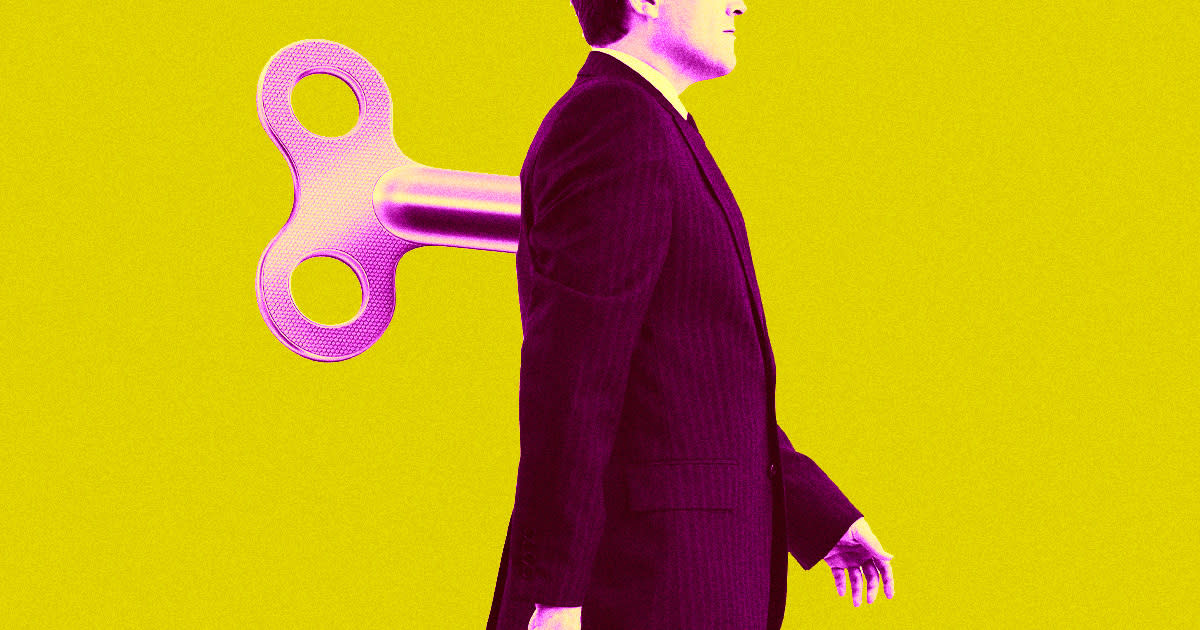CEOs Could Easily Be Replaced With AI, Experts Argue

Exec Execution
CEOs better start endearing themselves to their employees real quick, because oh boy: the case for replacing them with AI just keeps mounting.
"Some people like the social aspects of having a human boss," Phoebe Moore, professor of management and the futures of work at the University of Essex Business School, told The New York Times. "But after COVID, many are also fine with not having one."
The idea of subbing bosses for bots is the flipside to all those fears about AI causing widespread job destruction, which often focus on the fact — quite justifiably — that it'll be regular grunts being shown the door in favor of intelligent automation.
But since c-suite execs tend to command high salaries, there's ample financial incentive to replace them, too.
"My first instinct is they would say, 'Replace all the employees but not me,'" former director of MIT's Computer Science and AI Lab Anant Agarwal told the newspaper. "But I thought more deeply and would say 80 percent of the work that a CEO does can be replaced by AI."
No Hard Feelings
To a degree, and sorry to all the head honchos out there, the idea makes sense.
Part of the role of a CEO is being a leader, yes — and one imagines that a bot would be ill-suited at rallying the troops — but they're also decision-makers. And decisions these days are often data-driven.
An impartial thinking machine could conceivably process way more data and make the most logical decision, free of personal biases, unwieldy egos, and perhaps moral inhibitions. No contrition over laying off thousands of employees, then.
"We've always outsourced effort. Now we're outsourcing intelligence," Vinay Menon at the consultant Korn Ferry, told the NYT. He added, however, that "while you may not need the same number of leaders, you will still need leadership."
Onboarding the Automatons
Ironically, many CEOs already seem to agree with this sentiment — though we'd guess with varying levels of enthusiasm.
In a survey of business leaders conducted by the IT consulting firm AND Digital, 43 percent of respondents said they believed that an AI could take over their jobs. Another 45 percent admitted they were already making major business decisions with ChatGPT. At this point, why not make it official?
Some companies already have made the switch, like the Polish drinks maker Dictador that appointed a humanoid robot called Mika as its "experimental CEO."
But, much like the humans that created them, AIs are still incredibly flawed, and they're not necessarily any less biased than the data they're trained on. We'd never bet against a cynical company's willingness to discount their human workers, though, so who knows. Maybe we're all on the chopping block after all.
More on AI: Google Admits Its AI Search Feature Is a Dumpster Fire, Says It Will Scale Back the Tool

 Yahoo News
Yahoo News 
